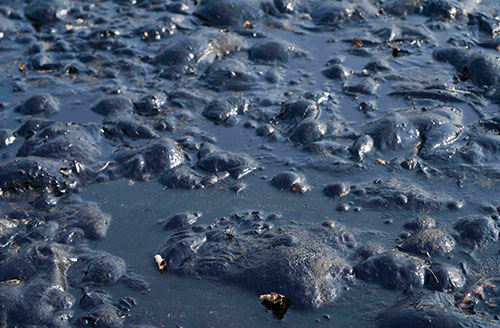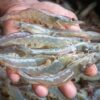Probiotics for Grease Traps and Waste Water
Probiotics are in demand as a dietary supplement for humans relying on ‘beneficial’ bacteria to improve gut health. Similarly, probiotics for sewage systems can enhance the efficiency of grease traps, as well as septic tanks, and drains. They can help to avoid problems like, clogging and odor by removing the contaminants.Bio remediation helps remedy the sewage problems in an environmentally friendly way. Probiotics are a promising choice for bio degradation. Adding beneficial bacteria to grease traps can help replenish the microbial load, grease globules, and as well as impurities. While speeding up toxins’ breakdown. Moreover, probiotic use in biological wastewater treatment removes the sludge and solids safeguarding the environment. Probiotics are a way to save the planet!
Probiotics for Grease Traps:
Grease buildup is a major problem for restaurants, hotels, and as well as other commercial entities. That discharge a high amount of fats, oil, and greases (FOG) in the environment. Further, grease traps may overflow, and pipes can get blocked. Foul odors and recurrent blockages are the major issues. For all these problems, probiotics play a significant role. Probiotic formulas are poured down the drain at the end of the day to develop a healthy microbe population. Once probiotics get established in the pipes and start releasing the grease blockages.
Microorganisms that produce enzymes to breakdown the grease are useful for adding directly to grease traps. They can relieve the odor problems and reduce the amount of fat accumulation. A monthly dose of probiotics helps to keep grease traps flowing. Probiotics degrade fats to reduce scum at the top and make the sewage water less polluted. Probiotics naturally produce proteases, as well as cellulase, and amylase that accelerate the biodegradation of accumulated wastes.
Benefits of Probiotics in Grease Traps:
The probiotics are environmentally friendly and highly effective ready-to-use products. They work efficiently in a harsh environment and degrade sludge food and solids. Their ability to work in active grease traps can decrease the requirement and frequency of mechanical treatments to open drains due to FOG (fat, oil, and as well as grease) buildup. Furthermore, probiotics are non-corrosive and non-caustic agents. Multi-strain probiotics formulas are available for degrading fats.
Probiotics for Waste Water Treatment:
Invivo Probiotics are used in wastewater treatment to reduce the total solids measured as organic load. Once the treatment is completed, the disposed water/ effluent does not harm any faunas or flora in the surrounding area. However, the usage of some chemical treatments can cause harm to the environment. Probiotics are a natural wastewater treatment. Probiotics are used in wastewater treatment to reduce both harmful pathogens and organic matter. They reduce the foul smell of disposed water.
Probiotics reduce the amount of sludge, as well as foul odor, and organic load. Probiotic treatments enhance the quality of water. The bacteria degrade the organic matter and produce simple organics like amino acids and alcohol. Using probiotic products result in an organic reduction, increasing the population of good bacteria in the wastewater.
Benefits of Probiotics in Waste Water Treatment:
Probiotics have several benefits in wastewater treatment. Their numerous practices have given beneficial outcomes in environmental safety and security. There are many uses of probiotics in the wastewater. After treatment, a significant reduction occurs in pathogenic microorganisms. As well as the quantity of sludge, and the awful smell. With probiotic treatments, total solids and the organic load reduce wastewater and enhances water quality . Further, the maintenance cost of the sewage system declines due to a reduction in corrosion. Other advantages are improvements in the sanitary working conditions, degradation of contaminants, and as well as drainage clogging.
All these reasons explain that probiotics are the best option for grease traps and wastewater. They are easy to use and safe for humans and animals.



